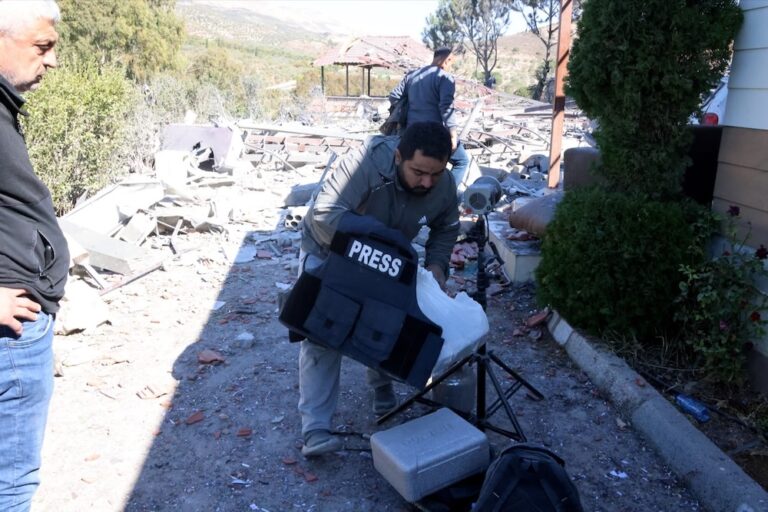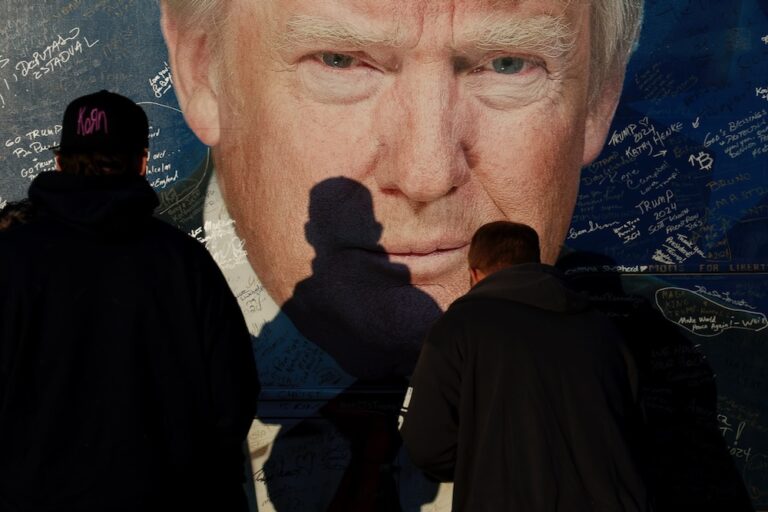(RSF/IFEX) – Reporters Without Borders is urging the judge presiding over the 11 February 2009 hearing against “Detroit Free Press” reporter David Ashenfelter not to hold the journalist in contempt of court for refusing to identify confidential sources. Ashenfelter declined to answer questions, invoking the First and Fifth Amendment during an 8 December 2008 deposition […]
(RSF/IFEX) – Reporters Without Borders is urging the judge presiding over the 11 February 2009 hearing against “Detroit Free Press” reporter David Ashenfelter not to hold the journalist in contempt of court for refusing to identify confidential sources.
Ashenfelter declined to answer questions, invoking the First and Fifth Amendment during an 8 December 2008 deposition in former federal prosecutor Richard Convertino’s lawsuit against the government. Convertino is suing the US Justice Department for violating the Privacy Act by disclosing information about an investigation into his prosecutorial misconduct during a 2003 terrorism trial. The trial, which led to conviction of two North African immigrants, was thrown out in 2004 after a District Court judge ruled evidence had been withheld from the defence.
On 23 December 2008, Convertino’s lawyer Stephen Kohn, asked a federal judge to hold Ashenfelter in contempt and fine him as much a US$5,000 per day. Convertino claims that by refusing to identify his source in a 2004 article on the investigation, Ashenfelter is aiding officials who illegally leaked information to the press.
In December 2008, Judge Robert Cleland in Michigan ruled that Ashenfelter was not protected by a First Amendment reporter’s privilege. Ashenfelter then decided to invoke the Fifth Amendment right against self-incrimination. In court documents filed on 28 January, Convertino called Ashenfelter’s use of the Fifth Amendment both “speculative,” and “unreasonable.”
“David Ashenfelter and the ‘Detroit Free Press’ have met the highest ethical standards in their coverage of the investigation into Richard Convertino’s alleged misconduct” said Reporters Without Borders. “Mr. Ashenfelter’s reporting offered insight into important and legitimate news. His current legal situation clearly illustrates the need for the adoption by the new Congress of a federal shield law that protects reporter’s confidential sources and the American people’s right to information” stated the press freedom organisation.
In a statement released after the 8 December deposition, the “Detroit Free Press” argued that everything the paper had reported about the investigation was unquestionably true and that revealing any names would undermine press freedom. As a result, others would be less likely to share important information with the public.
The hearing scheduled for 11 February will ultimately decide if Ashenfelter will be held in contempt.


